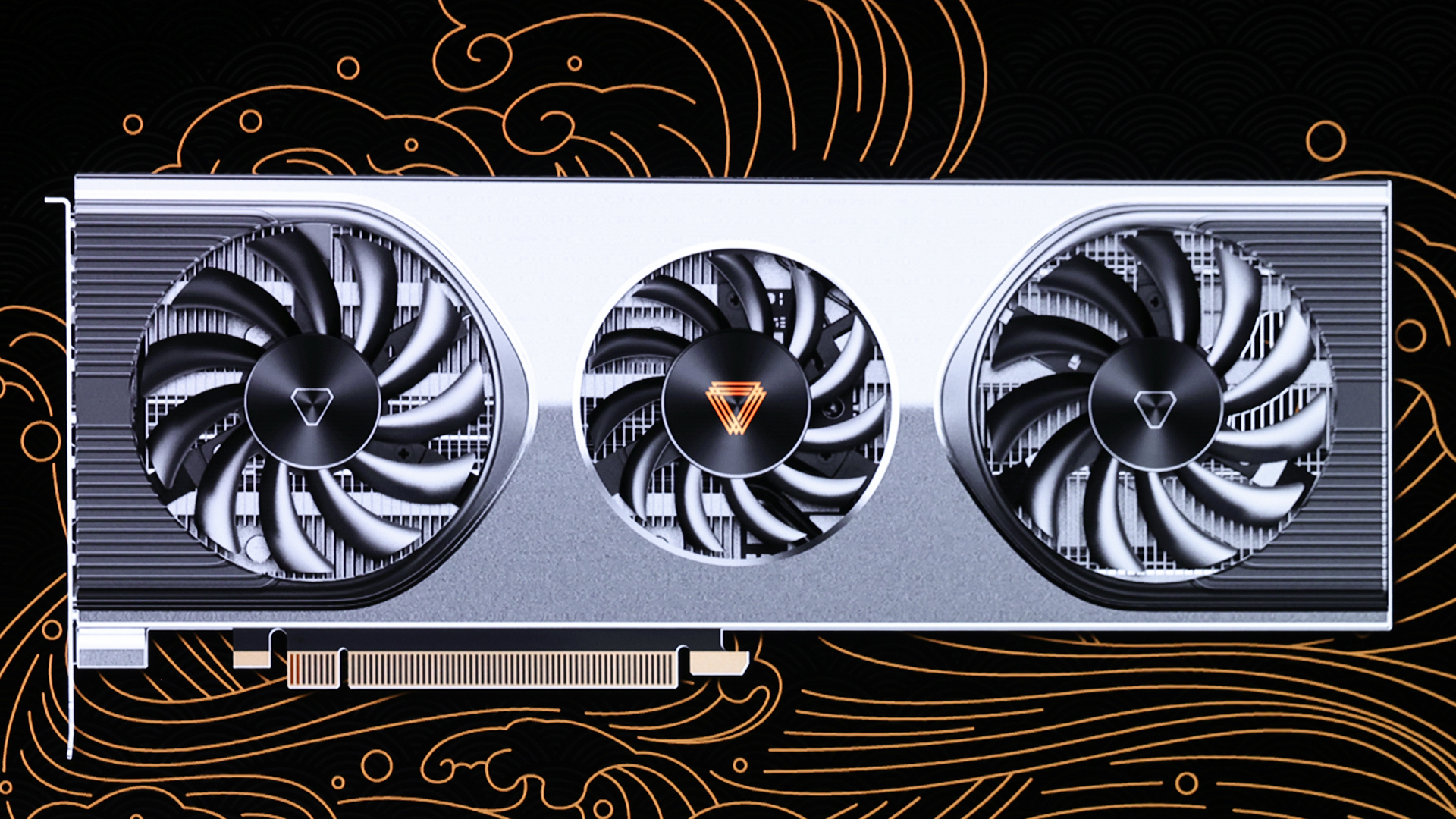Chinese GPU-Maker Moore Threads Preps New GPUs Despite Ban
Moore Threads readies MTT S90 and MTT S4000 graphics cards

Moore Threads Technology, a Chinese GPU developer that was blacklisted by the U.S. government this week, is testing its next-generation graphics processors for client PCs and datacenters, according to Löschzwerg from 3D Center over at Devicehunt.com.
The products in question are the MTT S90 for client computers and the MTT S4000 for datacenters. The devices have 0301 and 0323 Device IDs, respectively, which may indicate that they're the 3rd Generation GPUs from Moore Threads.
We don't know much about these GPUs, though, given the new Device IDs, we can only speculate that we're dealing with a brand-new microarchitecture that will succeed the company's Chunxiao GPU series. The Chunxiao series includes the MTT S70, MTT S80, and MTT S4000 products, which can barely compete against the best graphics cards from AMD, Intel, and Nvidia.
Device Hunt monitors PCI ID and USB ID repositories to keep tabs on new hardware which identifications emerge in one database or another. Typically, this happens when companies begin to test their new chips and/or their drivers, so it's highly likely that Moore Threads already has silicon of its 3rd Generation GPU on hand. At this point it is impossible to tell how well that graphics processor works and how good its drivers will be.
But maybe it doesn't matter. As of yesterday, Moore Threads is on the U.S. Entity List, which limits its access to American technologies. Since virtually all chips made at TSMC and other foundries use technologies or tools designed in the U.S., chipmakers have to apply for an export license from the U.S. Department of Commerce's Bureau of Industry and Security — which is reviewed with a presumption of denial.
Without access to TSMC or other foundries, such as Intel Foundry Services or Samsung Foundry, Moore Threads will have to try to persuade SMIC to build its GPUs. It's unclear whether the latter would be able to produce enough GPUs using its 7nm-class process technology, considering it also serves Huawei's Hisilicon Kirin 9000S and possibly other mobile SoCs — but it doesn't look like Moore Threads will have much of a choice.
"As described in an upcoming amendment to regulations regarding advanced computing items and supercomputer and semiconductor end use, advanced computing ICs can be used to provide artificial intelligence capabilities to further development of weapons of mass destruction, advanced weapons systems, and high-tech surveillance applications that create national security concerns," an explanation by the U.S. Department of Commerce reads. "This activity is contrary to U.S. national security and foreign policy interests under § 744.11 of the EAR."
Get Tom's Hardware's best news and in-depth reviews, straight to your inbox.

Anton Shilov is a contributing writer at Tom’s Hardware. Over the past couple of decades, he has covered everything from CPUs and GPUs to supercomputers and from modern process technologies and latest fab tools to high-tech industry trends.
-
purpleduggy export bans are going to have the opposite effect as intended. perhaps on purpose. all they're doing is help boost the chinese gpu and chip industry. if they kept selling nvidia to china they would have been kept reliant on US tech.Reply -
bit_user Reply
China was already on track to develop its domestic chip production industry. In the long term, this will just hasten that process. The interesting question is what happens in the short term. I keep hoping there's a master plan behind these sanctions, leading up to some sort of grand deal, but I'm not sure.purpleduggy said:export bans are going to have the opposite effect as intended. perhaps on purpose. all they're doing is help boost the chinese gpu and chip industry.
Only in the short & possibly medium-term. Everything about China's past development trajectory tells us their long-term goal was already to be technologically self-sufficient.purpleduggy said:if they kept selling nvidia to china they would have been kept reliant on US tech.